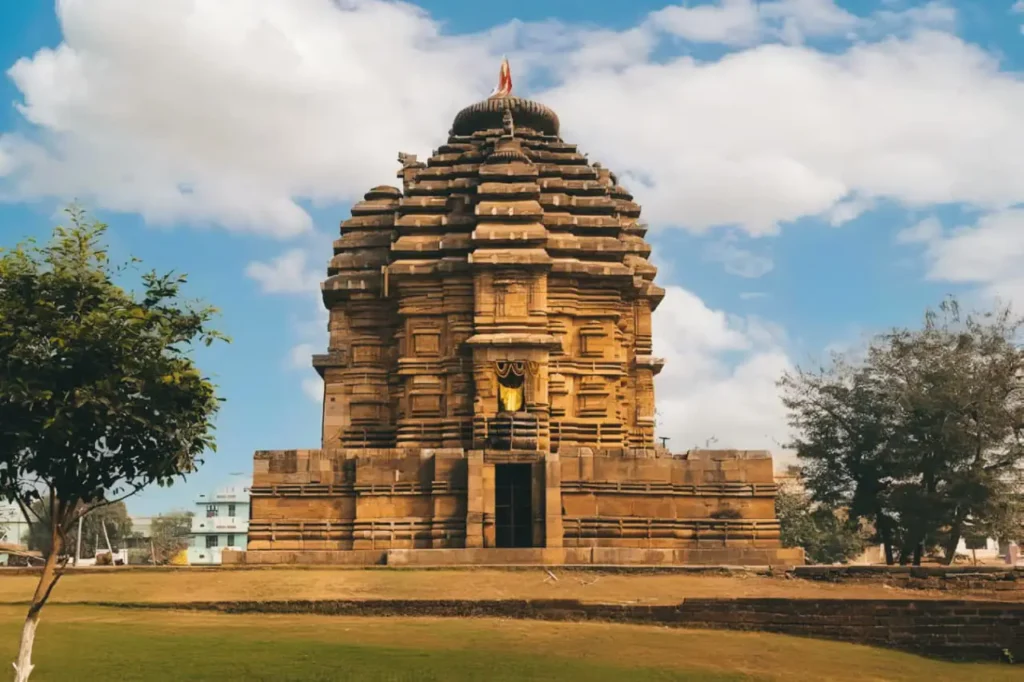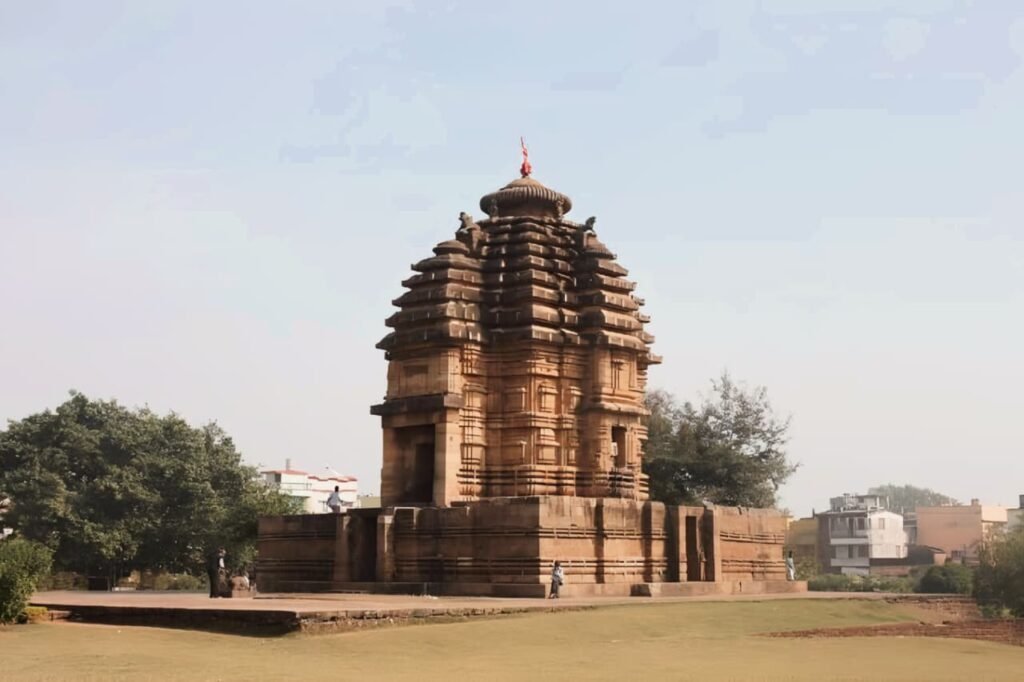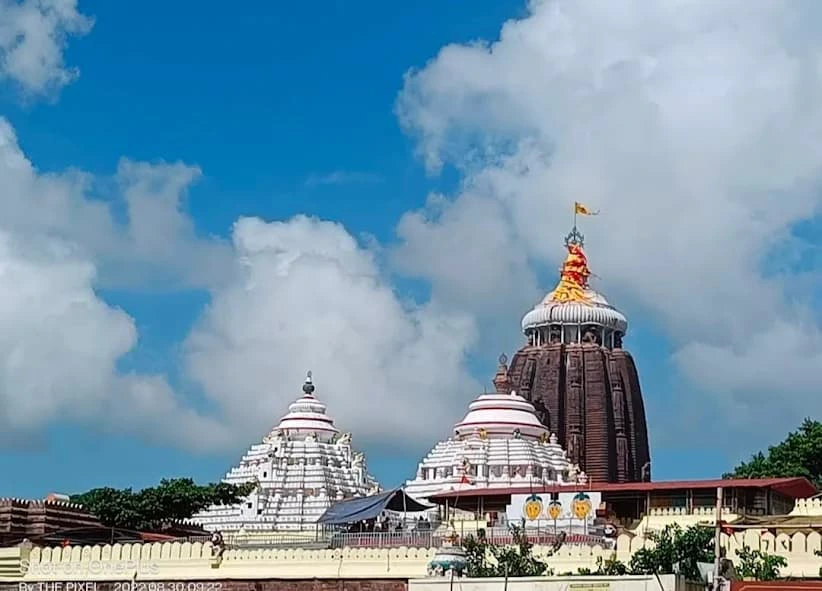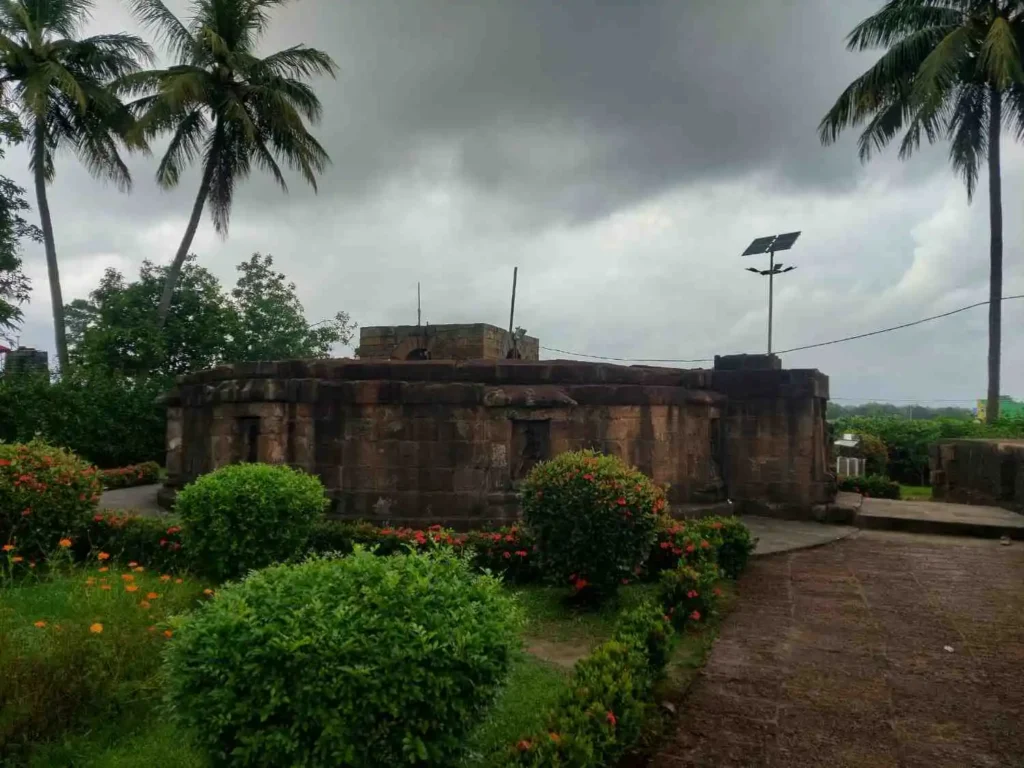
Table of Contents
When you walk through the temple city of Bhubaneswar, every stone seems to whisper stories from centuries past. Among the many magnificent structures, the Bhaskareswara Temple stands apart—not just for its spiritual depth, but for the rich layers of history it holds within.
Interestingly, it is located in a once predominantly Buddhist region. Bhaskareswara Temple Bhubaneswar therefore tells a fascinating tale of transformation—from Buddhist sanctity to Shaiva devotion. Moreover, if you’re passionate about India’s diverse spiritual traditions and ancient temple architecture, this temple is a must-visit.Location & Setting: Where History Rests Quietly
Historical Origins: From Buddhist Pillar to Shaiva Icon
Archaeological findings near the temple reveal an intriguing backstory. Notably, the area was once home to a Buddhist monastery, as proved by the discovery of a headless image of Lokesvara (now preserved in the Odisha State Museum), and remnants of Buddhist railing posts and lion capitals, strikingly similar to those at Sanchi and Bharhut.
Furthermore, the towering 9-ft high Shivalinga inside the temple is believed to have originally been a free-standing pillar from a Buddhist stupa. In addition, the mutilated lion capital and stupa railing fragments offer compelling evidence of the temple’s Buddhist origins.
Over time, as Shaivism rose in prominence—especially under the influence of the militant Pasupatas in the 6th century A.D.—these symbols were gradually assimilated, repurposed, and redefined in a new religious context. Thus, the Bhaskareswara Temple stands today as a striking example of spiritual continuity shaped by historical transformation.Architecture and Symbolism: A Unique Shiva Temple with Buddhist Echoes
The temple structure showcases a simple yet profound layout. Nevertheless, the real marvel lies inside—the enormous Shivalinga rising 9 feet from the floor. Indeed, this isn’t just a sacred object; it’s a symbol of transformation, believed to have once been a part of a now-lost Buddhist stupa.
Moreover, what makes this even more compelling is the comparison with a similar find on Dhauli Hill, where a 14-ft Linga was also identified as an ancient stupa column, suggesting a broader regional pattern of repurposing Buddhist elements for Shaiva worship.
The Role of Rulers: Bhauma Kara & Somavamsi Dynasties
During the Bhauma Kara period (c. 614–850 A.D.), Buddhism—particularly the Mahayana and Vajrayana sects—witnessed a revival. The dynasty was largely Buddhist, contributing to monasteries and deity worship, including land grants to Buddhist goddesses like Khadiravani Bhattarika.
However, under the Somavamsi dynasty, there was a strategic policy of reconciliation. Buddhist deities were integrated into the Hindu fold, leading to symbolic transitions—like Gautama Buddha being accepted as the 9th avatar of Vishnu. The Bhaskareswara Temple, symbolizing the transformation of a Buddhist pillar into a Shivalinga, is a living monument to this spiritual fusion.Why Bhaskareswara Temple is a Must-Visit Today
Today, Bhaskareswara Temple is visited by:
- Devotees of Lord Shiva seeking powerful energy spots
- History and architecture buffs interested in Buddhist–Hindu intersections
- Spiritual travelers looking for offbeat, peaceful temple experiences
People Also Ask (FAQs)
1. What is Bhaskareswara Temple famous for?
2. Is Bhaskareswara Temple a Shiva temple?
3. What is unique about the Shivalinga in Bhaskareswara Temple?
4. What does Bhaskareswara Temple tell us about Odisha’s religious history?
5. Is Bhaskareswara Temple open for tourists and worshippers?
How to Reach Bhaskareswara Temple
- By Air: 5 km from Biju Patnaik International Airport.
- By Train: 4 km from Bhubaneswar Railway Station.
- By Road: Well connected via autos, cabs, and local buses from the city center.
Final Thoughts
Bhaskareswara Temple is not just a temple—it’s a testimony to Odisha’s complex and rich spiritual evolution. Moreover, where once stood Buddhist stupas and monks, now rise chants of “Har Har Mahadev,” echoing through the ancient structure that has witnessed centuries of change.
If you want to explore Temples of Bhubaneswar beyond the well-trodden path, then Bhaskareswara Temple offers something rare: a quiet yet powerful space that brings history, faith, and transformation together under one sacred roof. Additionally, its unique past, consequently, sets it apart. Furthermore, it invites you to experience a deeper spiritual journey.

